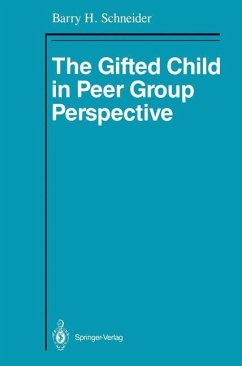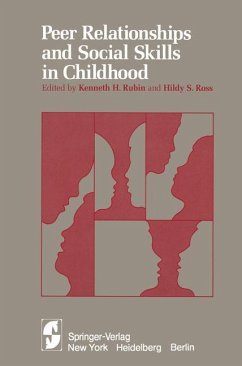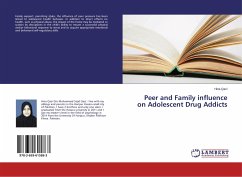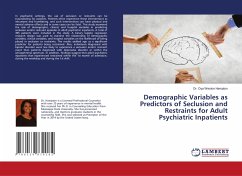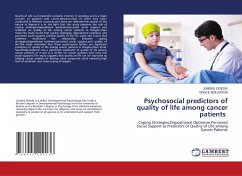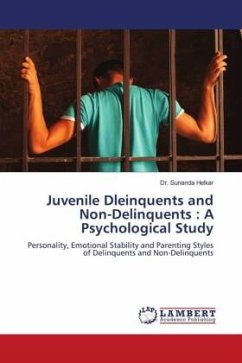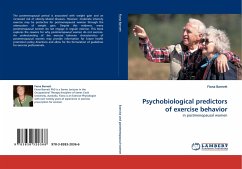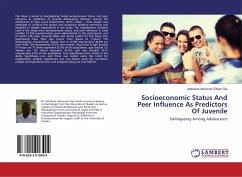
Socioeconomic Status And Peer Influence As Predictors Of Juvenile
Delinquency Among Adolescents
Versandkostenfrei!
Versandfertig in 6-10 Tagen
24,99 €
inkl. MwSt.

PAYBACK Punkte
12 °P sammeln!
The book is aimed at investigating family socioeconomic status and peer influence as predictors of juvenile delinquency behavior among the adolescents in Egor Local Government, Benin. Expos - facto design was employed to conduct this project and purposive sampling technique was adopted to sample respondents in the study. The independent variables used in the study were socioeconomic status, and peer influence. A total number of 250 questionnaires were administered to the participants, out of which 218 were correctly filled and found useful for the study. The participants have their age review ...
The book is aimed at investigating family socioeconomic status and peer influence as predictors of juvenile delinquency behavior among the adolescents in Egor Local Government, Benin. Expos - facto design was employed to conduct this project and purposive sampling technique was adopted to sample respondents in the study. The independent variables used in the study were socioeconomic status, and peer influence. A total number of 250 questionnaires were administered to the participants, out of which 218 were correctly filled and found useful for the study. The participants have their age review from 9years to 17years. The demographic characteristic reveals that in all 89 representing 40.8% are male while 129 representing 59.2% were female. Also those in age bracket 9-11years are 77 which represent 35.3% of the population, age bracket 12-14years are 121 which represent 55.5%, and age bracket 15-17 representing 9.2% of the population. Four hypotheses were tested in this study, hypotheses one and three was tested using the t-test for independent variable, hypotheses two was tested using the correlation analysis and hypotheses four was analyzed using one way ANOVA.



